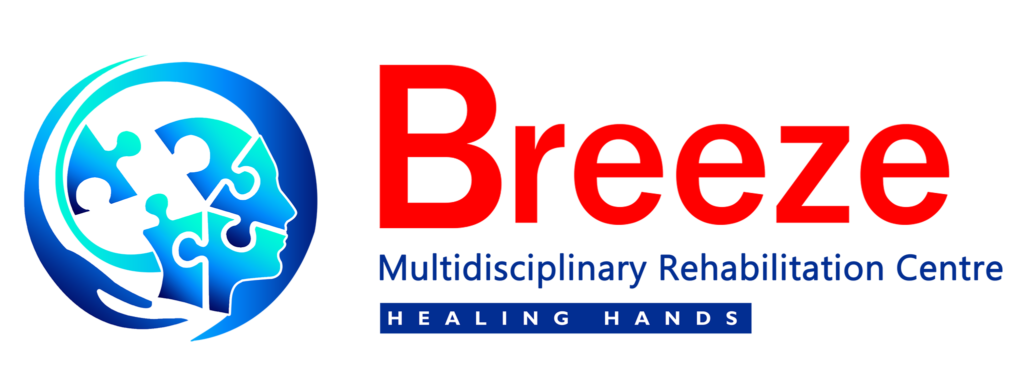
Anxiety
Anxiety disorders are characterized by excessive, persistent worry and fear about everyday situations. People with these conditions often experience intense emotional responses and may suffer from repeated panic attacks—sudden episodes of overwhelming fear or anxiety that peak within minutes. These symptoms can significantly disrupt daily life, are often difficult to manage, and tend to be out of proportion to any real threat. As a result, individuals may begin to avoid certain places or situations to prevent these feelings. Anxiety symptoms can begin in childhood or adolescence and often persist into adulthood.
Types and Causes of Anxiety Disorders:
Anxiety disorders include several types, such as generalized anxiety disorder, social anxiety disorder (also known as social phobia), specific phobias, and separation anxiety disorder. It is possible for a person to experience more than one type of anxiety disorder at the same time. In some cases, anxiety may be caused by an underlying medical condition, which must be identified and treated appropriately.
Symptoms of Anxiety:
Common symptoms of anxiety include
Feeling nervous, restless, or tense
A sense of panic or impending doom.
Physical symptoms may involve an increased heart rate (tachycardia)
Rapid Breathing (hyperventilation).
Sweating, trembling, and fatigue or a general feeling of weakness.
Individuals may also experience difficulty concentrating, often finding it hard to focus on anything other than their current worry.
Sleep disturbances are common, including trouble falling or staying asleep.
Additionally, anxiety can cause gastrointestinal issues.

